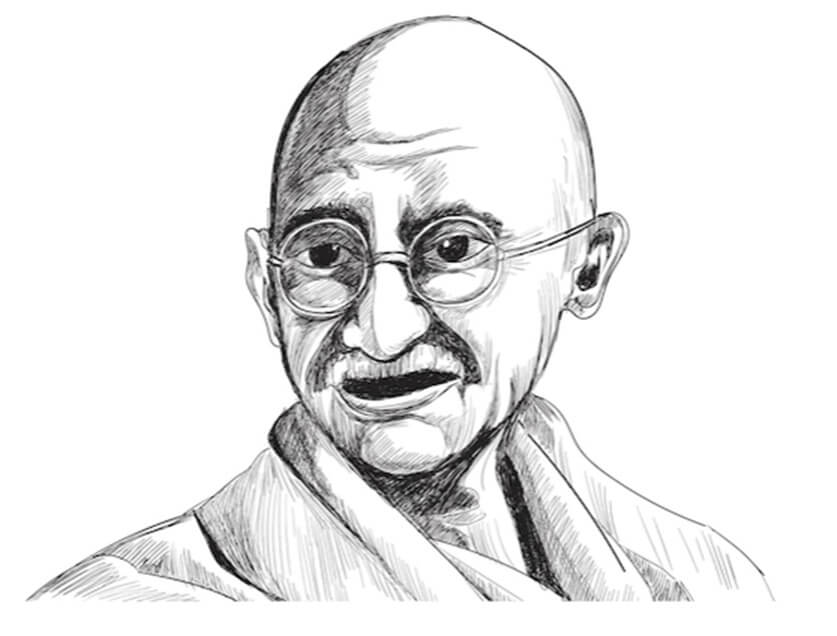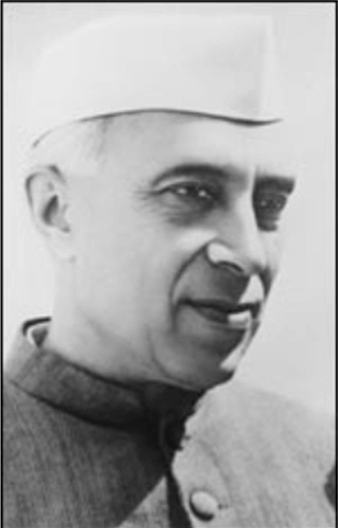Freedom Fighters
The Indian independence movement was a mass-based movement that sought to end British rule in India. It was a long struggle, often characterized by non-violent civil disobedience and armed rebellion. The ideals of liberty, democracy, and equality inspired several prominent freedom fighters who participated in this movement. These brave men and women came from all walks of life and all parts of India. Some were politicians, some were soldiers, and some were ordinary citizens who were moved to action by the injustice of British rule.
The Great Freedom Fighters of India
One of the most famous Indian freedom fighters was Mahatma Gandhi. Gandhi was a leader of the Indian National Congress. He owns the credit for leading India to independence through his philosophy of non-violence. He inspired millions of Indians to join the struggle for freedom through his philosophy of non-violent resistance. The teachings of Hindu scriptures influenced Gandhi’s philosophy of non-violence.
Gandhi was born in 1869 in Porbandar, Gujarat, and he completed his education in law in London. After returning to India, he worked as a lawyer and became involved in the Indian independence movement. Henry David Thoreau wrote about the power of civil disobedience in the face of unjust laws. It profoundly influenced Gandhi, who believed it possible to achieve political change through non-violent means. He advocated for passive resistance and civil disobedience to challenge British rule.
The Salt Satyagraha in 1930 started with Gandhi’s philosophy of non-violent resistance. He led thousands of Indians on a march to the sea to collect salt, defying a British law that imposed a tax on salt production. It was a significant turning point in the independence movement, and it helped to unite Indians from all walks of life behind the cause of independence.
(Image Credits: PMIndia.gov)
Another important freedom fighter was Jawaharlal Nehru, India’s first prime minister after independence. Nehru was a leader of the Indian National Congress and played a crucial role in the independence movement. He strongly advocated for democracy and worked to build a secular and inclusive nation after independence. Nehru was born in 1889 in Allahabad and completed his education in England in natural sciences and law. After returning to India, he became active in the independence movement. He was also arrested several times by the British authorities for his political activities.
Other notable freedom fighters include Bhagat Singh, a revolutionary hanged by the British for his role in the independence movement, and Subhas Chandra Bose. Bose was a nationalist leader who founded the Indian National Army to fight for independence. Thousands of Indians were involved in the freedom struggle.
The struggle for Indian independence was not an easy one. Many freedom fighters faced imprisonment, torture, and even death at the hands of the British authorities. However, their sacrifices were not in vain, and their legacy lives on in the independent and democratic India of today. The India we live in India today was the dream of these freedom fighters. Through the bloodshed, they made the dream of independence a reality.
Conclusion
The Indian independence movement was a long battle led by several courageous freedom fighters who dedicated their lives to independence. From Mahatma Gandhi to Subhas Chandra Bose, these men and women inspired millions of Indians to join the fight for freedom. They helped to bring about the end of British rule in India. Their legacy inspires people worldwide, and they will always stand as heroes of the Indian independence movement.
Recommended Articles
We hope that this EDUCBA information on “Essay on Freedom Fighters” was beneficial to you. You can view EDUCBA’s recommended articles for more information,


